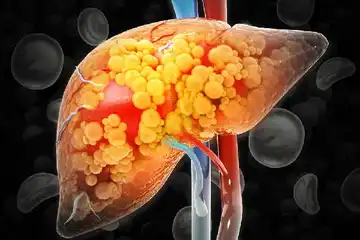What is Gestational Diabetes?
Gestational diabetes is a common condition that affects 7 in every 100 pregnant women. Women with normal blood sugar levels before sometimes develop glucose intolerance during pregnancy. Many women develop high blood sugar due to hormonal changes related to pregnancy.
By clicking on a link you will get all the information related to diabetes treatment.
(Read More - Homeopathic treatment for Diabetes)
What are its main signs and symptoms?
In most cases, there are no symptoms associated with gestational diabetes. The changes are so subtle, that many women fail to identify those as abnormal. Also, the body undergoes a plethora of changes that may be associated with normal pregnancy. However, you should be concerned if you notice the following:
- Increased need to urinate
- Unusual feeling of thirst
- Infections which recur and do not heal with treatment easily
- Fatigue
- Nausea
(Read More - Diabetes Insipidus treatment)
What are the main causes?
Sometimes, women may have undiagnosed diabetes which gets detected during pregnancy. Mostly, it is due to hormonal changes that lead to elevated blood sugar levels. Placenta, which provides nourishment to the developing fetus, also produces a cocktail of hormones in the woman’s body. These hormones, by nature, promote high glucose levels. Women who are already at risk of diabetes have a higher tendency to have gestational diabetes. Women who are overweight, prediabetic, have a family history of diabetes, have hypertension or thyroid disorders, and others are at risk.
(Read More - Ayurvedic treatment for Diabetes)
How is it diagnosed and treated?
You will be screened for blood sugar levels as a part of prenatal and antenatal check-up during pregnancy. It can be done in a single test, where you will be asked to drink a sugary liquid and your blood will be tested for sugar levels. This is called an oral glucose tolerance test (OGTT). Alternatively, a random blood sample maybe drawn and if blood sugar levels are high, then a specific oral glucose tolerance test be conducted.
The goal of treatment will be to bring back sugar levels within the normal range. This can be done with dietary modifications and regular exercise. Prescription of drugs like metformin or insulin may be done by your doctor if dietary changes alone do not help. Close and regular monitoring of sugar levels will be necessary throughout the pregnancy and even post delivery.
(Read More - Diabetic Ketoacidosis treatment)
















